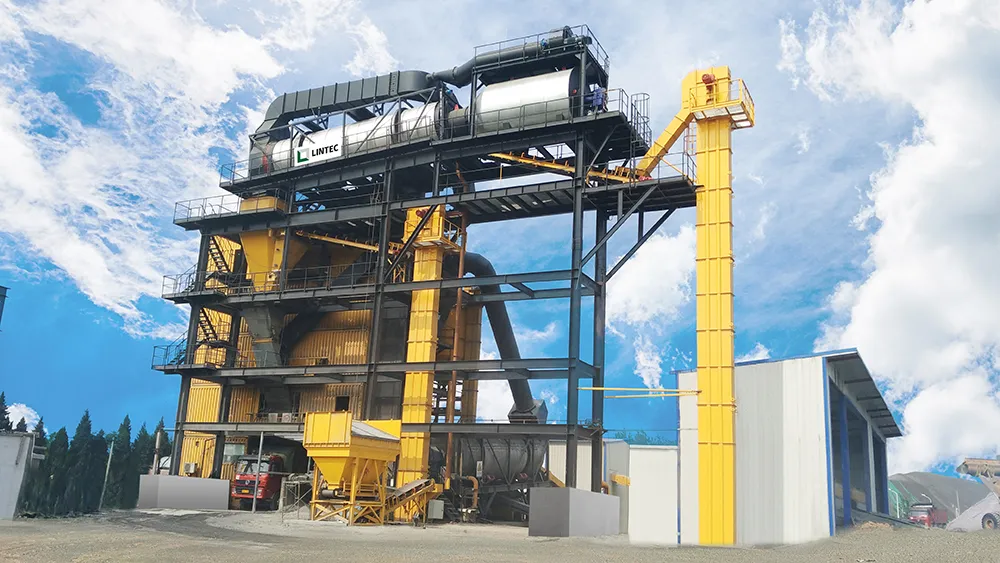A novel move in India by the government will see waste materials being used in road construction. The new legislation requires plastic waste to be used in asphalt by road construction firms. The aim of this new legislation is to overcome the problem of plastic waste disposal in India’s major urban areas. Road construction firms will be required to incorporate waste plastic within hot mix when building bitumen roads within 50km of any city with a population of 500,000 or more. The contractor is now required
November 27, 2015
Read time: 2 mins
A novel move in India by the government will see waste materials being used in road construction. The new legislation requires plastic waste to be used in asphalt by road construction firms. The aim of this new legislation is to overcome the problem of plastic waste disposal in India’s major urban areas. Road construction firms will be required to incorporate waste plastic within hot mix when building bitumen roads within 50km of any city with a population of 500,000 or more. The contractor is now required to ask for permission from the ministry of road transport and highways to use conventional asphalt mixes should supplies of plastic be insufficient or unavailable locally. With this move, the Indian Government hopes to reduce construction costs for road builders, with roads currently priced at around US$1.51 million/km on average in India. The move should also help tackle India’s major problem of dealing with plastic waste, for which the country generates some 5.6 millon tonnes/year. India’s Central Pollution Control Board carried out a study which found that 60 major cities generate more than 15,000tonnes of plastic/day, with Delhi producing almost 7,000tonnes of waste/day, of which 10% is plastic.









